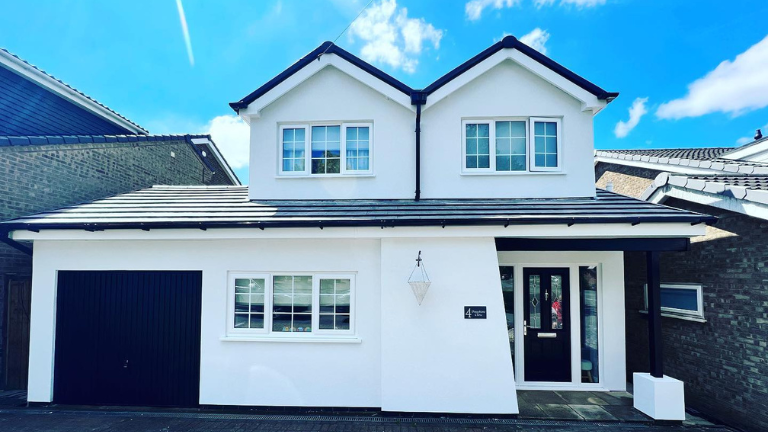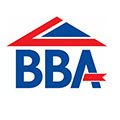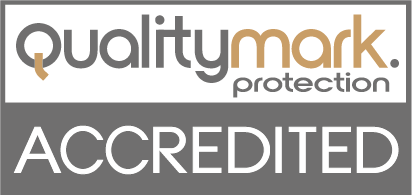How Much Can External Wall Insulation Save You on Your Energy Bill?
With inflation baring its teeth at British households, external wall insulation is definitely an option that can increase your energy cost savings. However, how do you know if external wall insulation is right for your home?
Is External Wall Insulation Right For You?
Essentially, what external wall insulation does is reduce the heat lost from your home. It’s a type of insulation that involves fixing an insulating material to external walls, with a protective render over the top.
You will need to be aware of the type of walls the property has to know if you can have external wall insulation installed. If the property was built in the past 20 years, it's likely that it has cavity walls and they have already been insulated. If the property is more than 100 years old, it's likely to have solid walls, which means it will need external wall insulation installed to stop heat from escaping.
Once your external insulation is fitted, the decorative coatings will improve your home's kerb appeal. This can match a variety of homes depending on your existing features and preferences, including Georgian, Victorian and Edwardian properties.
External insulation is generally more expensive than internal, although you'll avoid the significant redecorating that comes with internal insulation. In addition, there are government subsidies available that can help you cover most of the costs.
We have gathered some information on the funding available
here. It also might be worth contacting your council's energy efficiency officer to find out if something might be available in your area.
Another thing to keep in mind is if you’d need planning permission to have external wall insulation installed. Planning permission is not usually necessary for external wall insulation.
However, if your property is listed, is in a conservation area or if the insulation will drastically change the appearance of your property, you should consult your local planning authority. If you’d like to learn more about planning permission, you can do so here.
External Wall Insulation Energy Savings
If your property meets the requirements for external wall insulation, you could save £115-360 a year. About a third of UK homes can be more energy-efficient with the help of external wall insulation, according to the National Insulation Association (NIA). And an estimated 45% of the heat from these homes could be escaping through the walls.
The exact amount of savings will depend on the type and size of the property. Here are some estimates on average reductions to heating bills and CO2 emissions for homes of different sizes.
| Savings Per Year | CO2 Savings Per Year | |
|---|---|---|
| Detached house (four bedrooms) | £650 | 1500kg |
| Semi-detached house (three bedrooms) | £390 | 910kg |
| Mid-terrace house (three bedrooms) | £245 | 580kg |
| Detached bungalow (two bedrooms) | £260 | 610kg |
| Mid-floor flat (two bedrooms) | £195 | 450kg |
All data obtained from the Energy Savings Trust (EST).
If you’re considering having external wall insulation installed on your property but don't know where to start, our team is more than happy to help. We have built relationships with a range of professional and approved contractors across the UK. Contact us to
learn more.


Why Silicone Render is the Best Choice for a Property’s Exterior: Benefits, Application & Aesthetics











